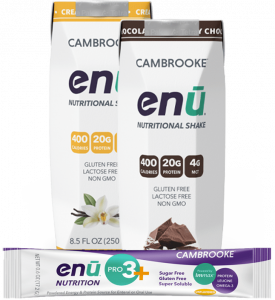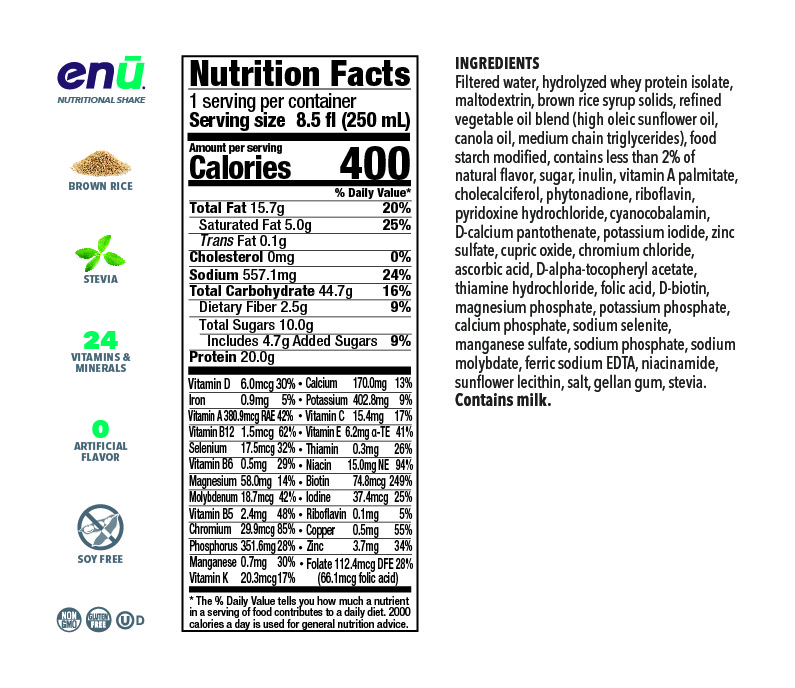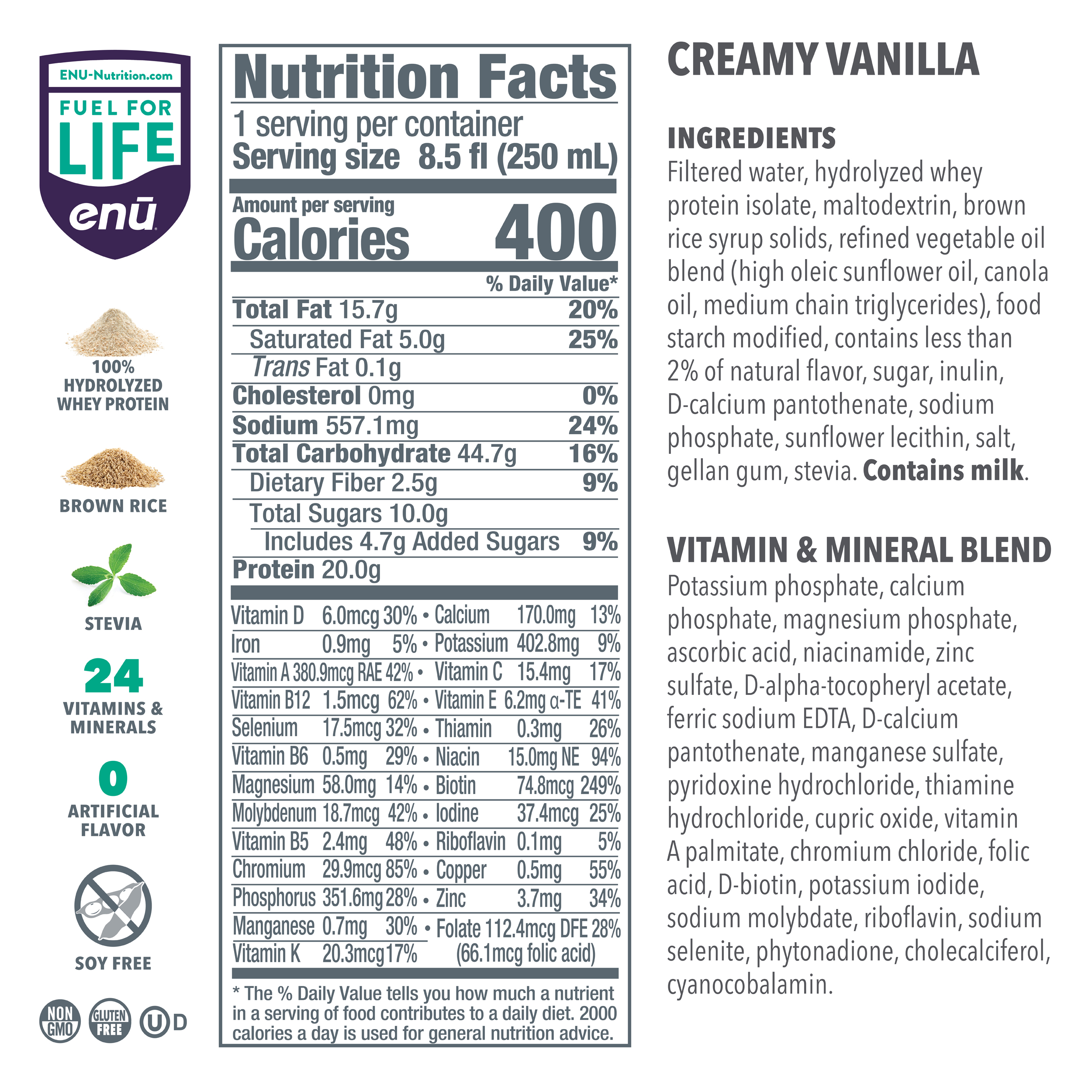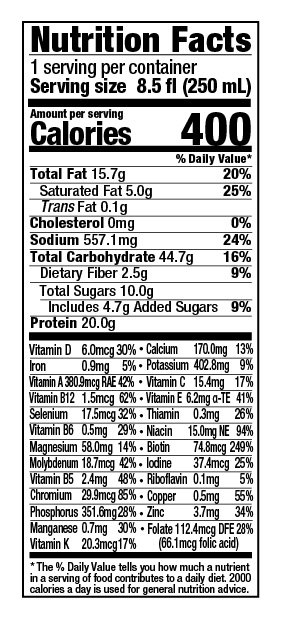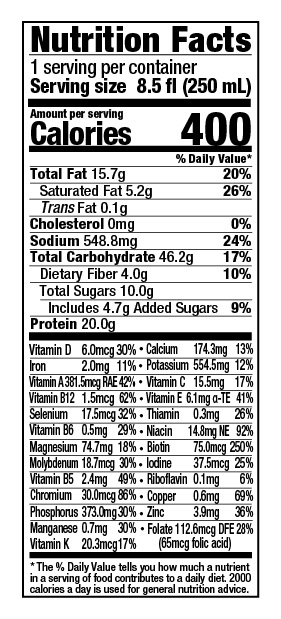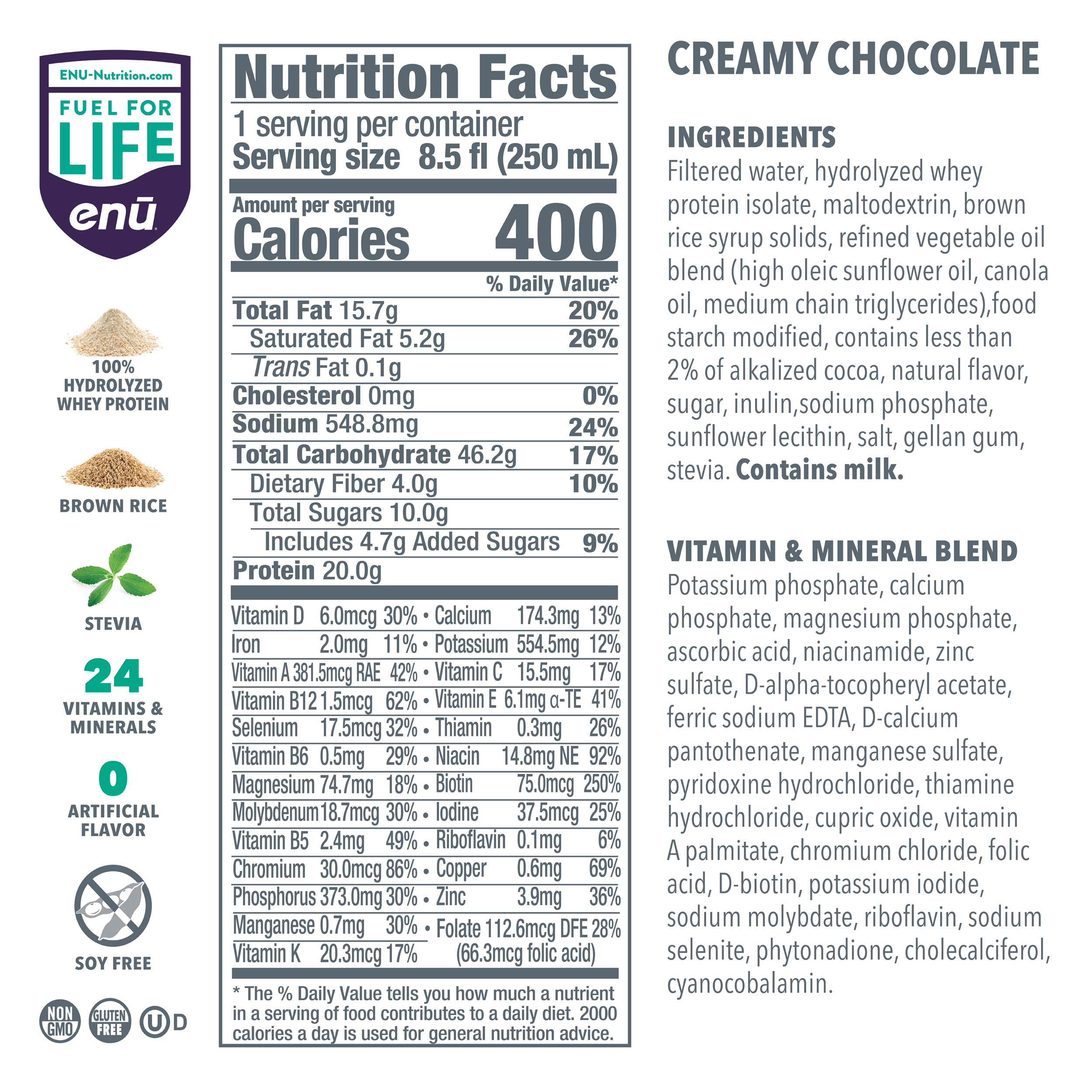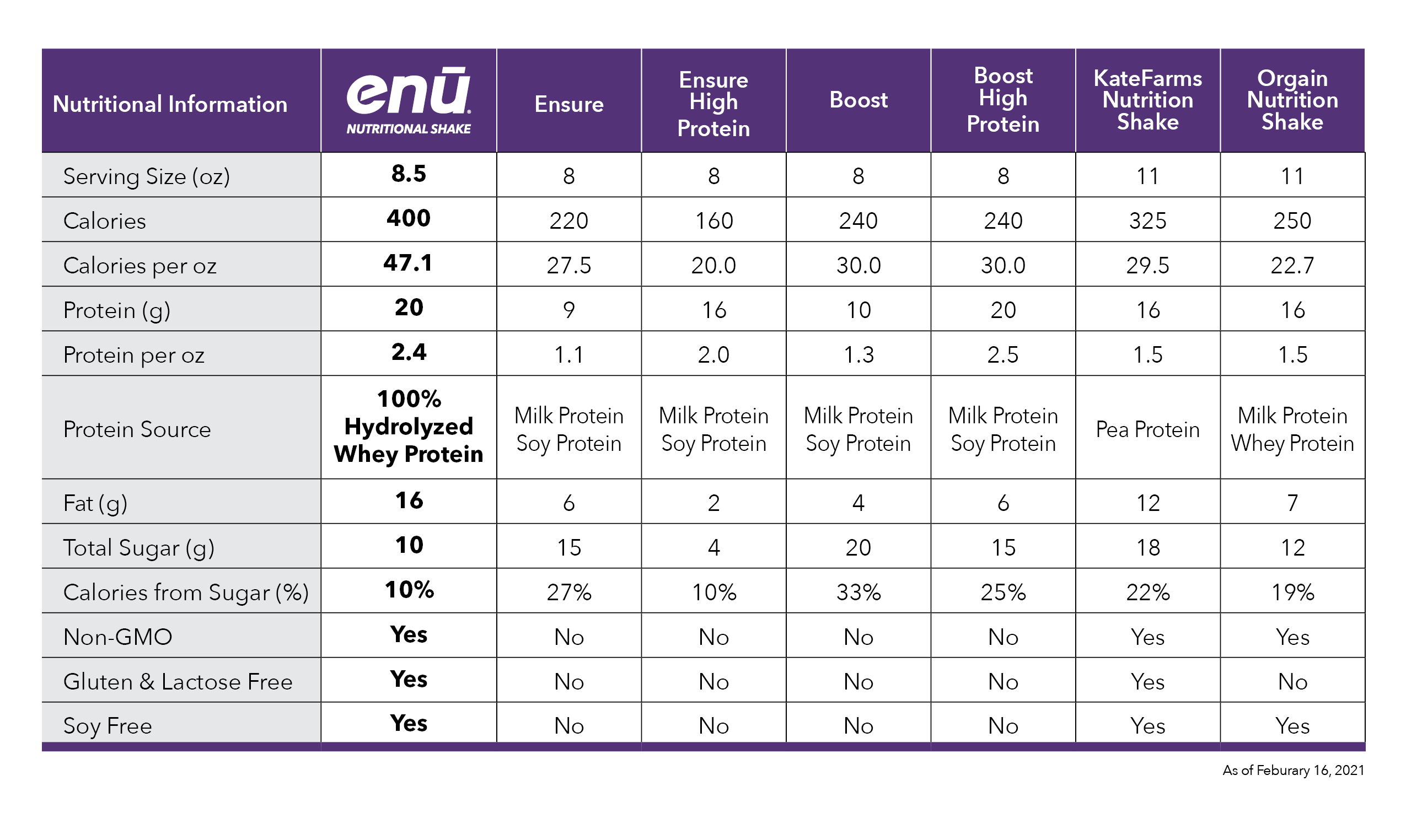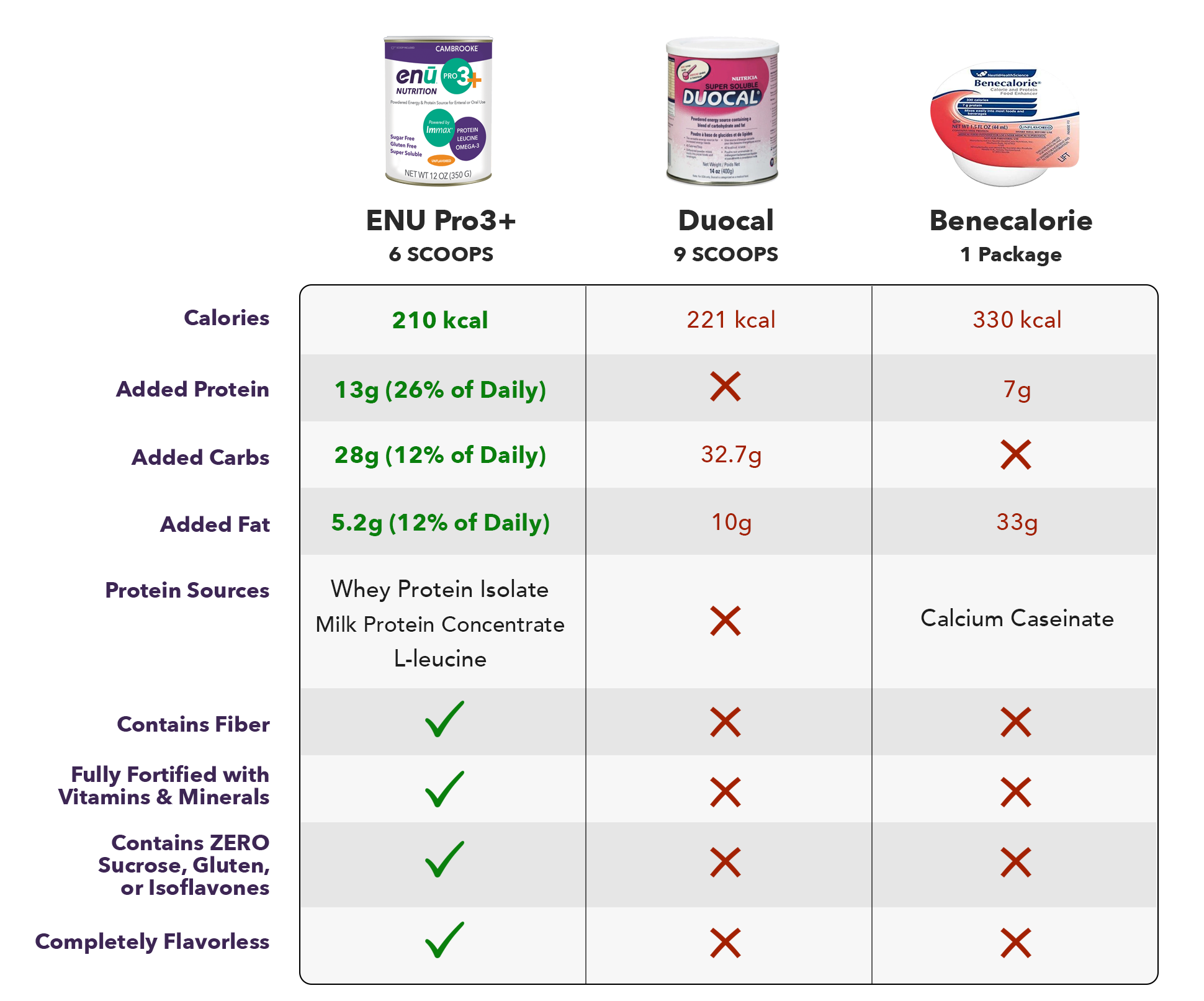
Get a FREE
ENU Intro Pack*
*Just Pay $2.00 Shipping
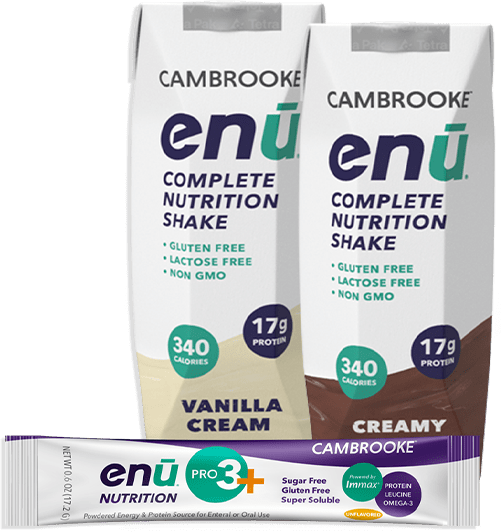
Does Sarcopenia Cause Weight Loss?
As people age, they must contend with a growing list of ailments that can make staying healthy a daunting task. Although many don’t think about it, age-related weight loss is a prime example of this, as maintaining a healthy weight is essential to staying strong and energized at any age. However, it’s not uncommon for individuals to lose weight as they get older, and even when weight loss isn’t an issue, sarcopenia – the loss of muscle mass and strength – may be. Because both issues are related to a loss of body mass, it’s not unreasonable to wonder whether a link might exist between them, leading to questions like, “Does sarcopenia cause weight loss?” To find out more about this condition and its effects of weight and health, keep reading as the team at ENU – the makers of weight gain shakes for seniors – discusses this topic.
What Does Sarcopenia Do?
It’s no secret that our bodies tend to lose strength as we age, but few people know the precise medical term for this phenomenon: sarcopenia. In the body, changes in our metabolic processes can cause our muscle fibers to shrink in size and number, which brings about a loss of muscle mass and physical strength and power. Although this process starts at around age 40, it accelerates drastically as we pass age 60, leading to a strong possibility of physical decline. In effect, this loss of strength can increase the likelihood of falls, mobility issues, osteoporosis, and other health issues that tend to appear as we get older.
Like many age-related health conditions, including weight loss, sarcopenia – which comes from a Greek phrase meaning “poverty of the flesh” – is a double-edged blade: In addition to the trouble with the general symptoms of sarcopenia, its effects make treating the condition even more difficult. In other words, this ailment can make older individuals feel weaker, making it more difficult to exercise – which is one of the most important things a person can do to fight sarcopenia.
Does Sarcopenia Make You Lose Weight?
Because it involves the loss of body mass, it’s clear why sarcopenia is sometimes thought to be synonymous with weight loss; however, the reality is that the two often do not overlap. On average, a person will lose about half a pound of muscle per year between the ages of 30 and 60, but they will also gain about a pound of fat per year. In total, this means that someone with sarcopenia will actually put on about 15 pounds over those 30 years, even though they lose muscle mass in the process.
Even though it’s true that, on its own, sarcopenia can be considered a type of weight loss – as it does involve a reduction in lean muscle, which has weight – it’s also clear why this condition can lead to weight gain. Muscle mass is one of the chief drivers of calorie consumption in the body, so a loss of muscle mass also means that calories are not being used up at the same rate. In addition, a symptom of sarcopenia is a lack of physical strength, which can make it more difficult to work out or exercise – another chief method of keeping unwanted weight off. Combined, these effects can easily lead to the accumulation of visceral fat and a net weight gain in those with sarcopenia.
How to Fight Sarcopenia and Weight Loss
Even though sarcopenia itself is rarely the cause of overall weight loss in older individuals, the two conditions may overlap for other reasons. For example, it’s common for people to lose their appetite as they age, which could result in weight loss that may or may not be accompanied by sarcopenia. Luckily, there are some things people can do to mitigate the effects of sarcopenia and age-related weight loss at the same time; we’ll cover these options below.
Eat Plenty of Protein
The best way to fight sarcopenia and other causes of muscle wasting is to stimulate the process of muscle protein synthesis in the body, which is how new muscle tissues are created. To do so, however, your body needs plenty of protein to not only provide the resources to create new muscle fibers but also trigger the beginning of the process. That said, it can be tough to get enough protein in your diet if you’re older, which is why protein-rich meal replacement shakes can be useful for fighting sarcopenia.
Exercise Regularly
In addition to ingesting plenty of protein, it’s important for someone with sarcopenia to engage in regular exercise. Even at a low level of intensity, this activity can stimulate the production of new muscles and build strength, leading to better mobility and balance, fewer falls, and possibly even a reduced risk of osteoporosis.
Consume More Calories
If you experience weight loss in addition to sarcopenia, or if you simply feel like you lack the energy to exercise every day, you may need to boost your overall calorie intake. After all, your calorie intake is a measure of the amount of energy you’re putting into your body; consume too few, and you may feel worn out, undermining your muscle-boosting efforts before they even start.
Fight Sarcopenia and Age-Related Weight Loss with a Nutritional Supplement from ENU
At ENU, we know that it can be hard to get all the calories, protein, and other nutrients you need to maintain muscle mass and body weight as you age. That’s why we seek to make this essential task easier with healthy, nutritious meal replacement shakes and powdered nutritional supplements meant to provide plenty of protein, calories, vitamins, and minerals in a tasty, convenient package. To learn more about the benefits of ENU products for those with sarcopenia or age-related weight loss, visit us online or call us today at (855) 266-6733.

